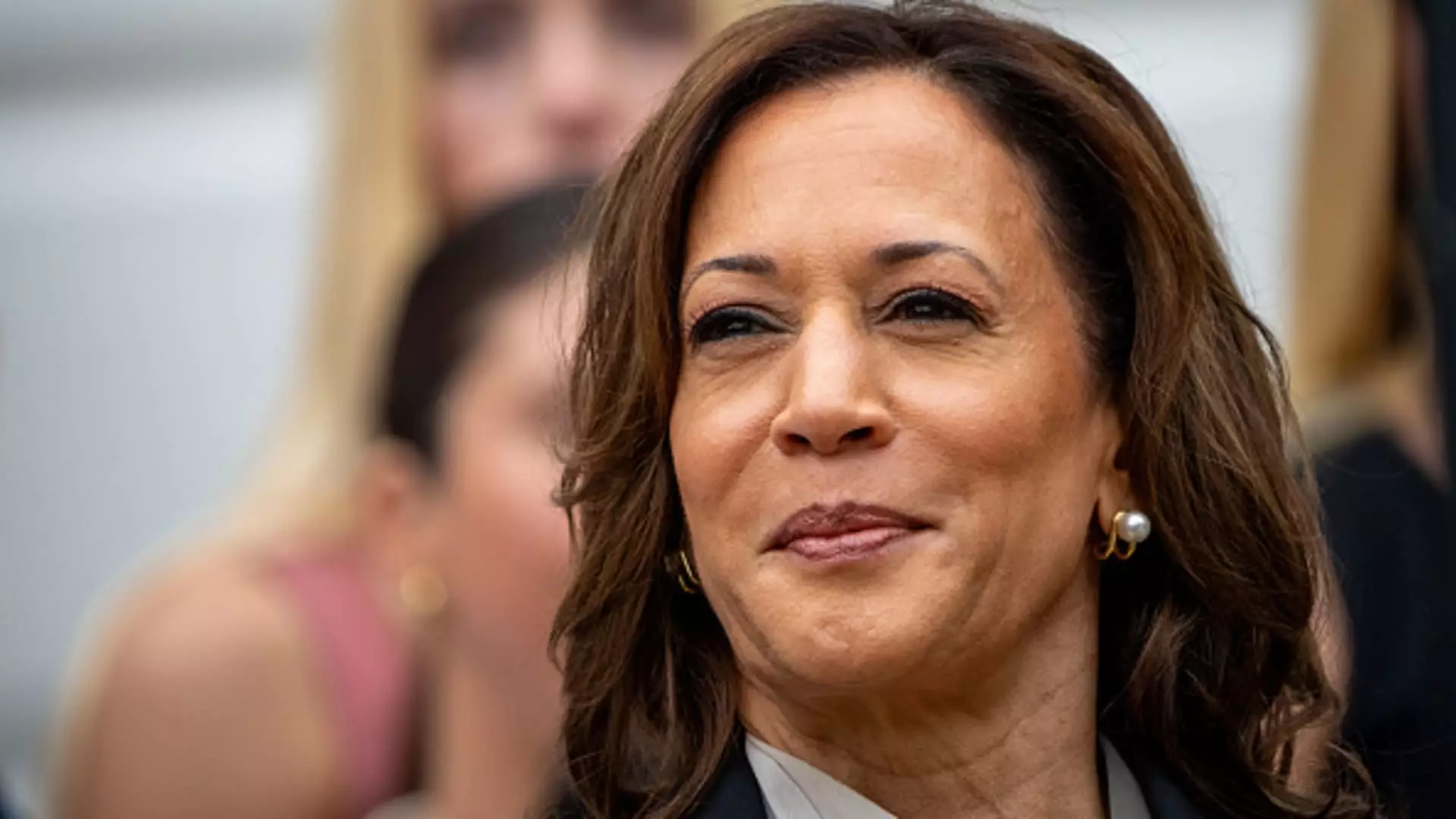If Vice President Kamala Harris were to become the president, Maryland’s Democratic Gov. Wes Moore believes that she would prioritize small business growth and promote large industry competition as part of her antitrust and regulatory policy. According to Moore, Harris is likely to support initiatives that make it easier for small businesses to thrive while also ensuring that large industries can compete effectively both within states and across the country. This approach, if implemented, would signify a departure from the more aggressive antitrust enforcement and merger scrutiny seen during the current Biden administration.
In contrast to the prevailing regulatory philosophy under President Biden, Moore anticipates that a Harris administration would adopt a pro-growth and pro-competition stance towards business. Factors such as evolving sociopolitical dynamics and changing policy requirements may prompt Harris to adopt a different lens and vision for regulating industries. As a prominent figure in the Democratic party, Moore’s insights shed light on the potential direction of Harris’s economic policies should she assume the presidency.
Given Moore’s background in finance and his proximity to the Biden-Harris camp, his statements have stirred interest among Wall Street dealmakers. There is speculation that a Harris administration, despite its progressive underpinnings, might adopt a less stringent antitrust agenda compared to the current administration. Key figures in the business world, such as IAC Chair Barry Diller and LinkedIn co-founder Reid Hoffman, have publicly advocated for a more restrained approach to regulating big business transactions under a hypothetical Harris leadership.
The prevailing sentiment in corporate America suggests optimism that Harris may be inclined towards a more moderate stance on big business regulation, particularly concerning mergers. Industry experts foresee a departure from the “big is bad” narrative that has characterized Biden’s approach, with a belief that Harris could potentially ease off on aggressive regulatory measures. However, it remains to be seen how Harris will navigate these expectations while balancing her progressive economic principles with the practical demands of governance.
Harris’s Legislative Agenda
Despite her relatively recent entry into the presidential race, Harris’s policy platform is still taking shape. While her rhetoric on corporate accountability mirrors some of Biden’s sentiments, there are indications of nuanced differences in her approach to issues such as price gouging and hidden fees. Harris’s pledges to combat predatory practices in various sectors suggest a commitment to consumer protection and fairness in the marketplace.
As the prospect of a Harris presidency looms, questions linger about how she would steer the ship if elected. The intricacies of governance and the complexities of economic policy formulation necessitate a nuanced understanding of Harris’s potential approach to antitrust and regulatory matters. While signals from her camp and the broader political landscape offer some insights, the true nature of Harris’s governing style remains a subject of speculation and uncertainty.

Leave a Reply